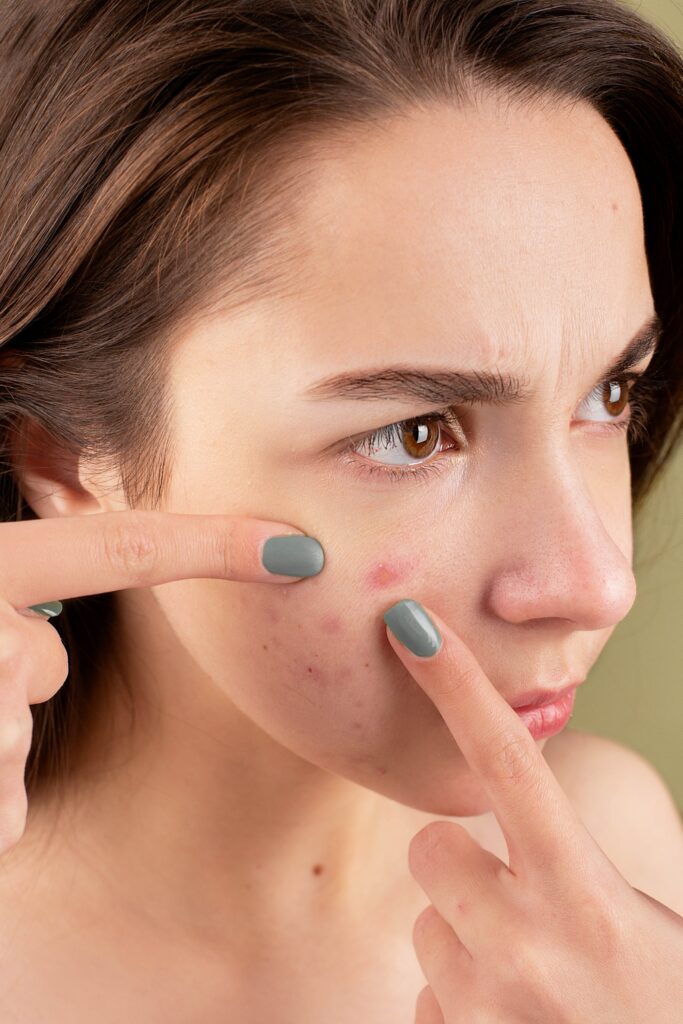If your adolescent or pre-adolescent has acne, you may decide to let it heal independently. However, the most successful technique may be to treat acne as soon as it arises.

Here are seven scientifically supported reasons why early therapy appears to be your best option.
Get faster treatment results.
Acne treatment requires time, regardless matter whether the acne is light or severe. However, clearing a few pimples takes less time and work than clearing a slew of outbreaks that may include blackheads, whiteheads, and deep-seated acne cysts.
Scars should be minimized.
Acne scars can be avoided if acne is treated early. In general, the more severe the acne, the greater the likelihood of scarring. While severe acne is more likely to produce scars, moderate acne can leave scars if picked. Treating acne at the first symptom may also prevent someone from having a habit of picking at their pimples, which may result in the person never acquiring acne scars.
When acne clears, prevent lingering spots from forming.
When an acne pimple, cyst, or nodule clears, anyone with medium-to-darkly pigmented skin may notice a dark area develop. Dermatologists refer to this condition as post-inflammatory hyperpigmentation (PIH). People with fair skin may see a red patch where acne used to be. These blemishes might last for months. Many people believe that having these persistent patches is worse than having acne.
Prevent minor acne from worsening.
A few pimples treated early can avoid extensive blackheads, whiteheads, and deep, severe acne.
Reduce the likelihood that you may require stronger acne medication.
When acne becomes severe, powerful medication is required to observe improvement. However, these medications have additional potential adverse effects and must be closely monitored by a dermatologist. That implies extra visits to the doctor’s office.
Save yourself from years of acne.
Acne can appear at any age. Dermatologists now see acne in children aged 7 to 12. Acne can be prevented from recurring if treated early and kept under control. Today that can amount to a significant number of years without acne. Many people experience acne well into their twenties. Acne can affect individuals long into their 30s, 40s, and even 50s and 60s.
Avoid emotional anguish.
Acne can result in more than just outbreaks. Acne can also have a negative impact on one’s mental health, according to research. Many people report their self-esteem worsened as a result of acne. Acne patients may withdraw from people in their lives. The severity of the acne does not appear to be a factor. Acne, whether minor or severe, can have a negative impact on one’s self-esteem and relationships. According to one large study, acne can contribute to despair and suicidal ideation. Other research indicates that treating acne can help to reduce these symptoms.
If you are confused about the appropriate treatment for your adolescent or pre-acne, an adolescent’s consulting a dermatologist can help. A dermatologist can examine your child’s skin for acne and offer helpful products. That one visit could have a long-term impact on your child’s quality of life.
